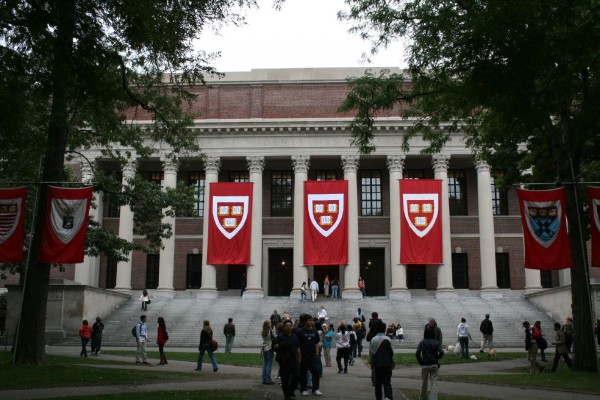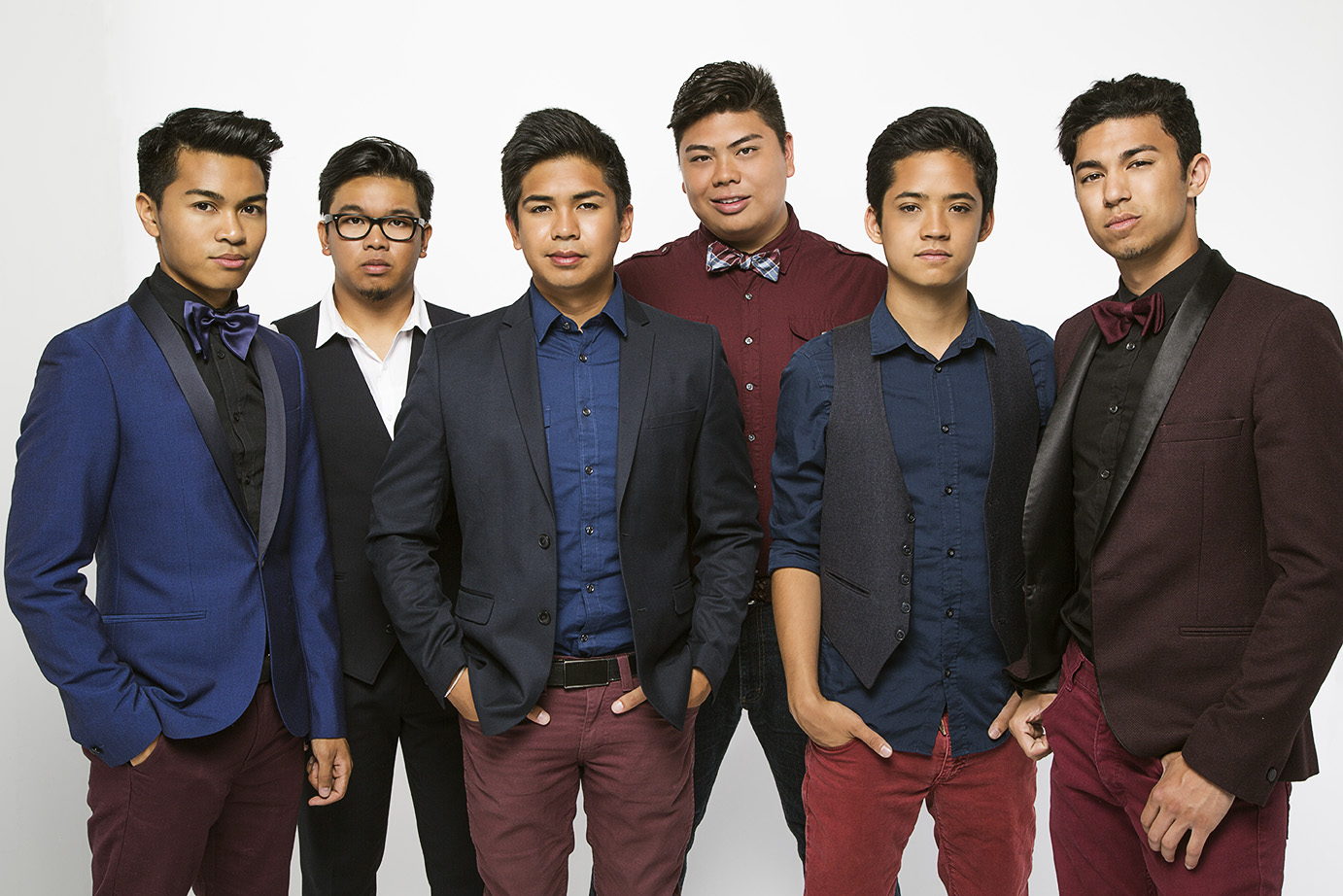This is the second part to “Asian American Groups Take Aim at Harvard’s Allegedly Biased Admissions Process.” To read the first half of the article, click here.
by COURTNEY LEE
courtney@charactermedia.com
These statistics can be attributed to discrimination by Harvard and other Ivy League universities in the form of racial stereotypes, prejudices and quotas, the coalition argues. On the subject of affirmative action, the group notes that it supports economic-based, not race-based, affirmative action to help applicants from disadvantaged backgrounds.
“When affirmative action in college admissions was implemented, unfortunately, Asian Americans became victims again,” the coalition argues. “Asian Americans do not deserve to become the largest victim of racially based college admissions.”
Yukong Zhao, a coalition representative, said that the issue was not solely pertinent to Asian Americans.
“People from all over the world came to America for equal opportunities. We are trying to bring those principles back to America,” Zhao told CNN. “This isn’t just about discrimination and race. It is about justice for everyone, including (people of) all races, and social and economic statuses.”
Richard Sander, a professor at UCLA School of Law who is serving as legal advisor to the coalition, told KPCC’s AirTalk that Asian Americans shouldn’t be lumped into one group.
“It’s certainly valid for Harvard to seek diversity but Asian Americans are an incredibly diverse group within themselves, and treating all those groups as defined by skin color or racial identification really takes the valuable aspect of diversity in a very bad direction,” he said.
While Michael Yaki and Karen Narasaki of the U.S. Commission on Civil Rights also oppose racial quotas, they said in a statement that they “hope that this is a sincerely raised issue and not a back door attack on affirmative action that attempts to pit Asian Americans against other minorities, as other efforts have been.”
In an op-ed for the Washington Post in January, author and education professor Julie J. Park, referencing a similar complaint brought against Harvard by Students for Fair Admissions last year, wrote that such lawsuits can be “deeply misleading.” Park, a Korean-American who herself was rejected by Harvard, said that even well-rounded students with top grades and a strong extracurricular record are bound to be declined admission.
“We live in a time when thousands of students who score well on standardized tests will not be admitted into their top-choice institution, though most will likely gain entry to some quality institution,” Park wrote. “What we have is not discrimination but elite schools being limited in the number of outstanding students they can admit.”
___







